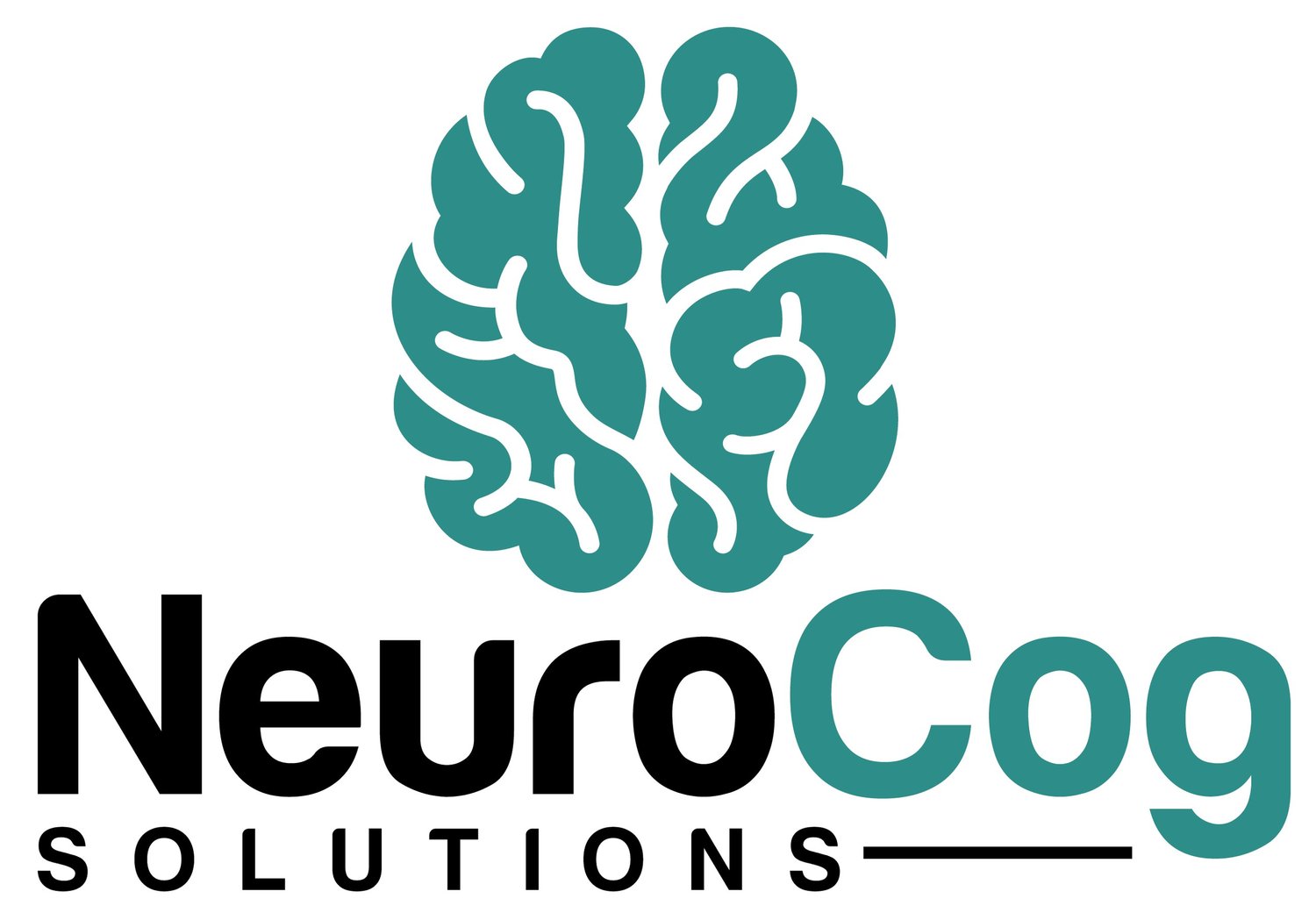What is Primary Progressive Aphasia?
Primary progressive aphasia (PPA) is a rare neurological condition that affects a person’s ability to communicate. People who have PPA can have difficulty expressing themselves using speech and understanding the speech of others. Symptoms of PPA typically start before age 65 and begin gradually; they worsen over time. People diagnosed with PPA can ultimately lose the ability to speak, write, and understand written or spoken language.
There are three different types of primary progressive aphasia, each with their own symptoms:
Semantic Variant Primary Progressive Aphasia - symptoms include trouble understanding the meaning of words, trouble understanding spoken or written language, and trouble naming objects.
Logopenic Variant Primary Progressive Aphasia - symptoms include trouble repeating phrases or sentences, taking frequent pauses while speaking to search for words, substituting words when speaking.
Nonfluent-Agrammatic Variant Primary Progressive Aphasia - symptoms include trouble understanding complex sentences, use of incorrect grammar when writing or speaking.
PPA is caused when the parts of the brain (lobes) that are responsible for speech and language shrink or atrophy. Specifically, the frontal, temporal or parietal lobes of the brain are affected.
If you or someone you know has trouble communicating, or has been diagnosed with PPA, reach out to us to see how our speech therapy services may be able to help. Assessment can track changes in skills and inform both treatment and available supports.
